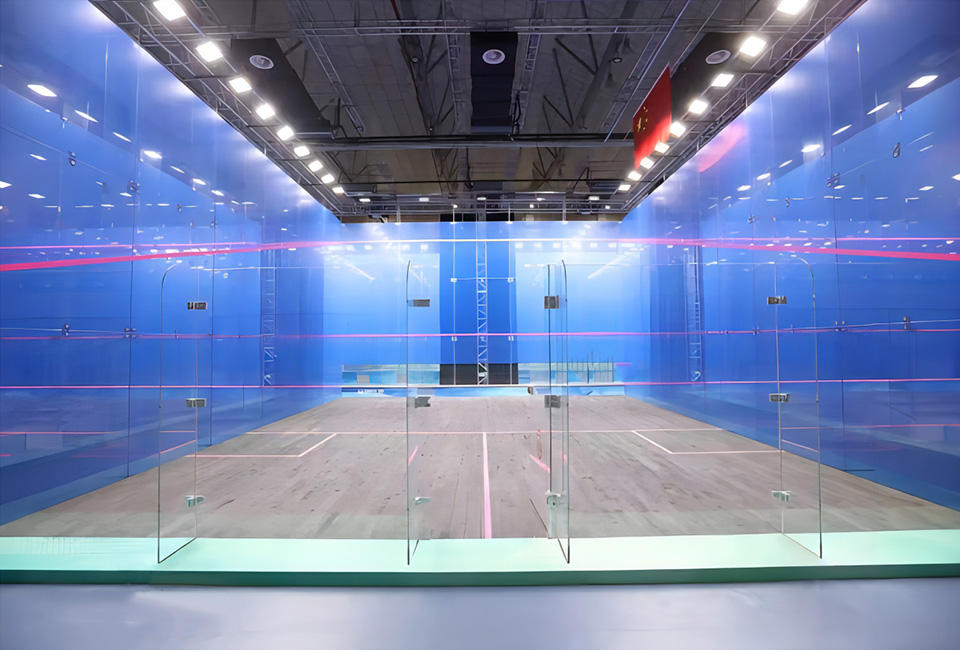

The Rise of Padel Court Installations A Look at Factories and Innovations
In recent years, the global sports landscape has witnessed a surge in the popularity of padel, a racket sport combining elements of tennis and squash. This growing interest has prompted a corresponding demand for the installation of padel courts, leading to the emergence of specialized factories focused on manufacturing high-quality courts. This article explores the dynamics of padel court installation within factories, alongside the innovations shaping the industry.
Understanding Padel
Padel is played in doubles on an enclosed court, typically measuring 20 meters long and 10 meters wide. The walls allow for a unique style of play, making it accessible and enjoyable for players of all ages and skill levels. The sport's rise can be attributed to its social nature and relatively low learning curve, making it attractive to both casual players and competitive athletes.
The Need for Specialized Factories
As the demand for padel courts escalates, so does the need for specialized manufacturing facilities. Padel court factories focus on producing various components, including the court's frame, flooring, lighting, and glass walls. These factories employ advanced manufacturing techniques to ensure that each court meets international standards, providing durable and safe playing environments.
One significant aspect of padel court factories is the diversity of materials used in production. Traditional courts often feature concrete bases with synthetic turf, but innovation has led to the utilization of various materials, such as wood and recycled plastics. These options not only enhance the aesthetic appeal of courts but also promote sustainability, a growing concern within the sports industry.
Innovations in Design and Construction

Modern padel court factories have embraced technological advancements to improve both the design and construction processes. For instance, Computer-Aided Design (CAD) software allows for precise court measurements and customized designs. This flexibility enables the creation of courts that fit the unique spatial constraints of various locations, from urban rooftops to expansive sports complexes.
Furthermore, the implementation of prefabricated structures has revolutionized the installation process. Factories now produce court components off-site, which are then assembled on location. This method significantly reduces construction time, minimizes disruption, and enhances overall efficiency. As a result, facility owners can quickly open their courts to the public, capitalizing on the growing popularity of padel.
Environmental Considerations
Sustainability remains a critical consideration for modern padel court factories. As the awareness of environmental issues grows, manufacturers are increasingly seeking eco-friendly alternatives. This includes sourcing sustainable materials, utilizing energy-efficient production techniques, and designing courts with recyclability in mind.
Moreover, many factories are adopting practices that minimize waste during production. For instance, offcuts and leftover materials from court construction can often be repurposed for other projects, reducing the overall environmental footprint. Such initiatives not only appeal to eco-conscious consumers but also position factories as responsible leaders in the industry.
Future Outlook
The future of padel court installations looks promising, with experts predicting continued growth in both participation and facility development. As the sport gains traction globally, more factories will emerge, driven by innovation and a commitment to quality. This growth will likely lead to increased collaboration between manufacturers and investors, resulting in state-of-the-art facilities that offer exceptional playing experiences.
In conclusion, the installation of padel courts through specialized factories represents a dynamic intersection of sport, technology, and sustainability. As the popularity of padel continues to rise, these factories will play a crucial role in shaping the future of the sport, ensuring that players enjoy high-quality courts that meet their needs and contribute positively to the environment. The combination of innovation and dedication within these manufacturing facilities is set to elevate padel to new heights, making it a staple in the global sports community.
Premium Paddle Tennis Rackets for Every Court & Player
Premium Padel Courts: Expert Design & Installation Services
Premium Padel Courts: Panoramic Designs & Custom Builds
Premium Padel Court | Custom Designs & Quality Installation
Paddle Tennis Rackets: Unleash Power & Precision on Court
Best Paddle Tennis Rackets: Power, Control & Comfort